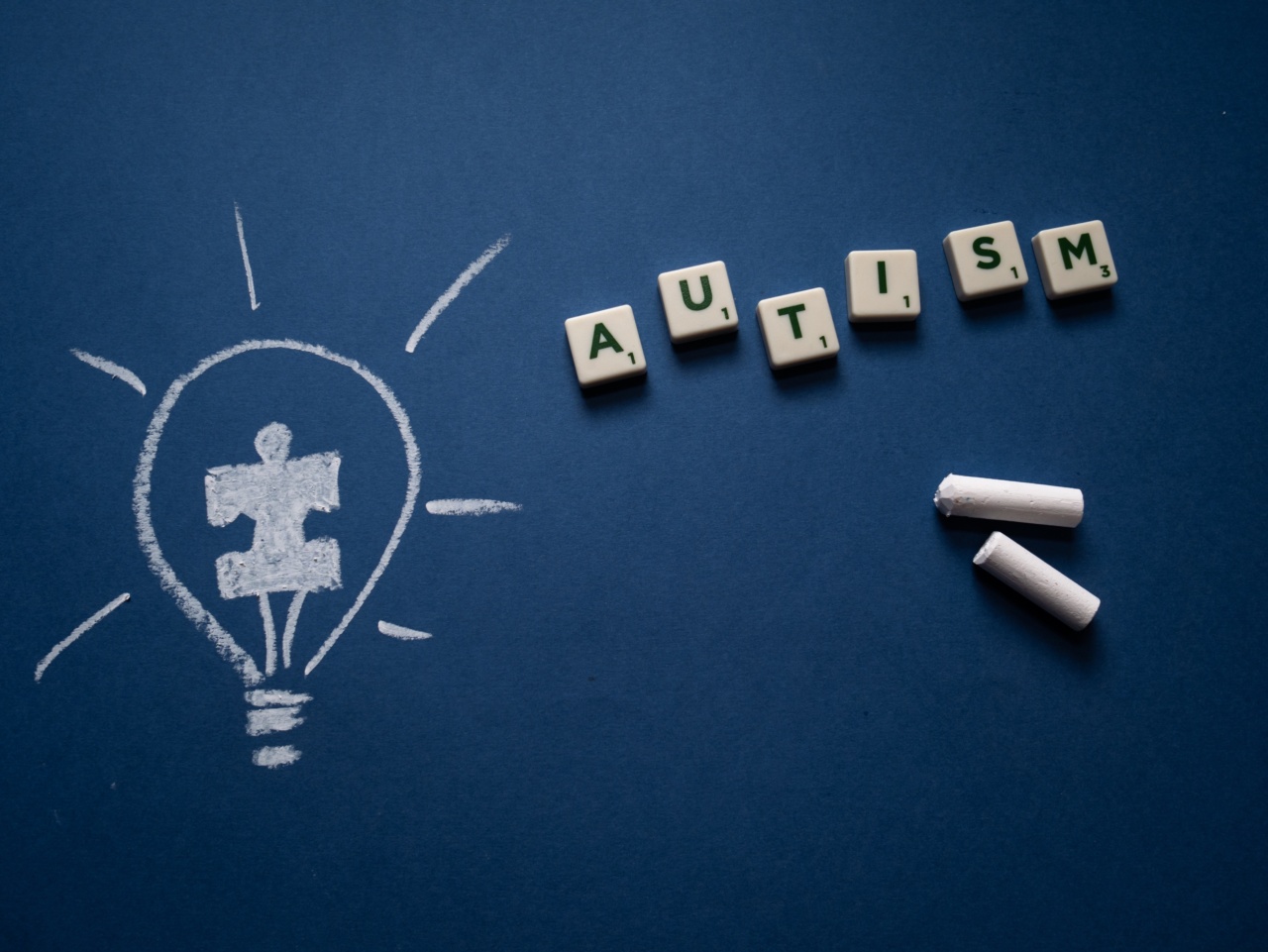Autism is a developmental disorder that affects language, social interaction, and behavior. It is important to recognize the signs of autism early on so that early intervention and treatment can be initiated.
In this article, we will discuss the signs and symptoms of autism in the early stages of life.
What is Autism?
Autism is a neurodevelopmental disorder that affects a child’s ability to communicate and interact with others. The exact cause of autism is unknown, but it is believed to be a combination of genetic and environmental factors.
Autism affects individuals differently, and the severity of symptoms can range from mild to severe.
Signs and Symptoms of Autism
The signs and symptoms of autism can be observed as early as 6 months of age, but they are typically recognized between the ages of 2 and 3. The following are the most common signs and symptoms of autism:.
1. Delay in Language Development
Children with autism often have a delay in language development. They may not start speaking until after the age of 2, or they may have difficulty speaking and forming sentences.
They may also use language in an unusual way, such as repeating words or phrases over and over again.
2. Lack of Social Interaction
Children with autism may have difficulty interacting with others. They may avoid eye contact, have difficulty understanding social cues, and have trouble developing friendships.
They may also have difficulty expressing emotions and have a lack of empathy for others.
3. Repetitive Behaviors
Children with autism often engage in repetitive behaviors. This can include hand flapping, rocking back and forth, and spinning in circles. They may also have specific routines that they follow very rigidly.
4. Fixation on Certain Objects
Children with autism may become fixated on certain objects or topics. They may spend hours playing with one specific toy or talking about one specific topic. They may have difficulty moving on from these fixations.
5. Sensory Processing Issues
Children with autism may have difficulty processing sensory information. They may be oversensitive or undersensitive to certain sounds, textures, or lights. This can cause them to become overwhelmed in certain environments.
6. Developmental Delays
Children with autism may have delays in their overall development. This can include delays in gross motor skills, fine motor skills, and cognitive development.
Early Intervention and Treatment
If you suspect that your child may have autism, it is important to seek early intervention and treatment. Early intervention can help to improve outcomes for children with autism.
Treatment may include behavioral therapy, speech therapy, occupational therapy, and medication.
Final Thoughts
Recognizing the signs of autism early on is important for early intervention and treatment. If you suspect that your child may have autism, talk to your healthcare provider about your concerns.
They can help to refer you to a specialist for an evaluation.






























